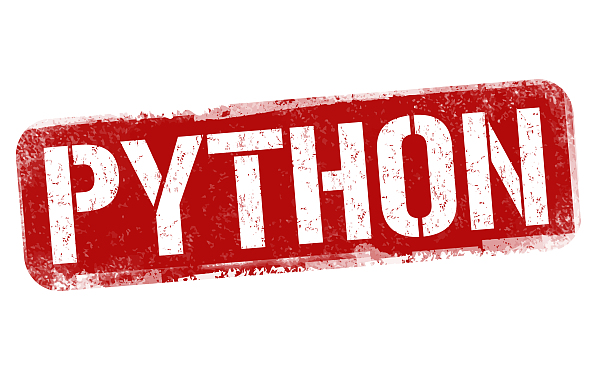Don't know much about ctypes, just recently began working with it.
I have a simple function in C-like dll which returns a pointer to the dynamically generated string.
It is working fine, but, because i manually allocated memory for the string, i should free it after use.
I have something like this:
extern "C" char* DLL_EXPORT func(const char* str1, const char* str2)
{
return getSomeString(str1, str2);
}
// Goal is to call this function correctly from Python.
extern "C" void DLL_EXPORT freeMem(void *mem)
{
if(mem!=NULL)
delete mem;
}
But i don't have any idea, how can i pass received pointer back for deletion in Python?
You're on the right track.
// TestDLL.cpp
#include <string.h> // strcpy
extern "C" __declspec(dllexport) char* stringdup(const char* str) {
char* p = new char[strlen(str)+1];
strcpy(p,str);
return p;
}
// if you have no good reason to use void*, use the type
// you've allocated. while it usually works for built-in
// types, it wouldn't work for classes (it wouldn't call
// the destructor)
extern "C" __declspec(dllexport) void stringfree(char* ptr) {
// you don't need to check for 0 before you delete it,
// but if you allocate with new[], free with delete[] !
delete [] ptr;
}
And in python:
# Test.py
import ctypes
lib = ctypes.cdll.TestDLL
# this creates a c-style char pointer, initialized with a string whose
# memory is managed by PYTHON! do not attempt to free it through the DLL!
cstr = ctypes.c_char_p("hello ctypes")
# call the dll function that returns a char pointer
# whose memory is managed by the DLL.
p = lib.stringdup(cstr)
# p is just an integer containing the memory address of the
# char array. therefore, this just prints the address:
print p
# this prints the actual string
print ctypes.c_char_p(p).value
# free the memory through the DLL
lib.stringfree(p)






 已为社区贡献126445条内容
已为社区贡献126445条内容

所有评论(0)